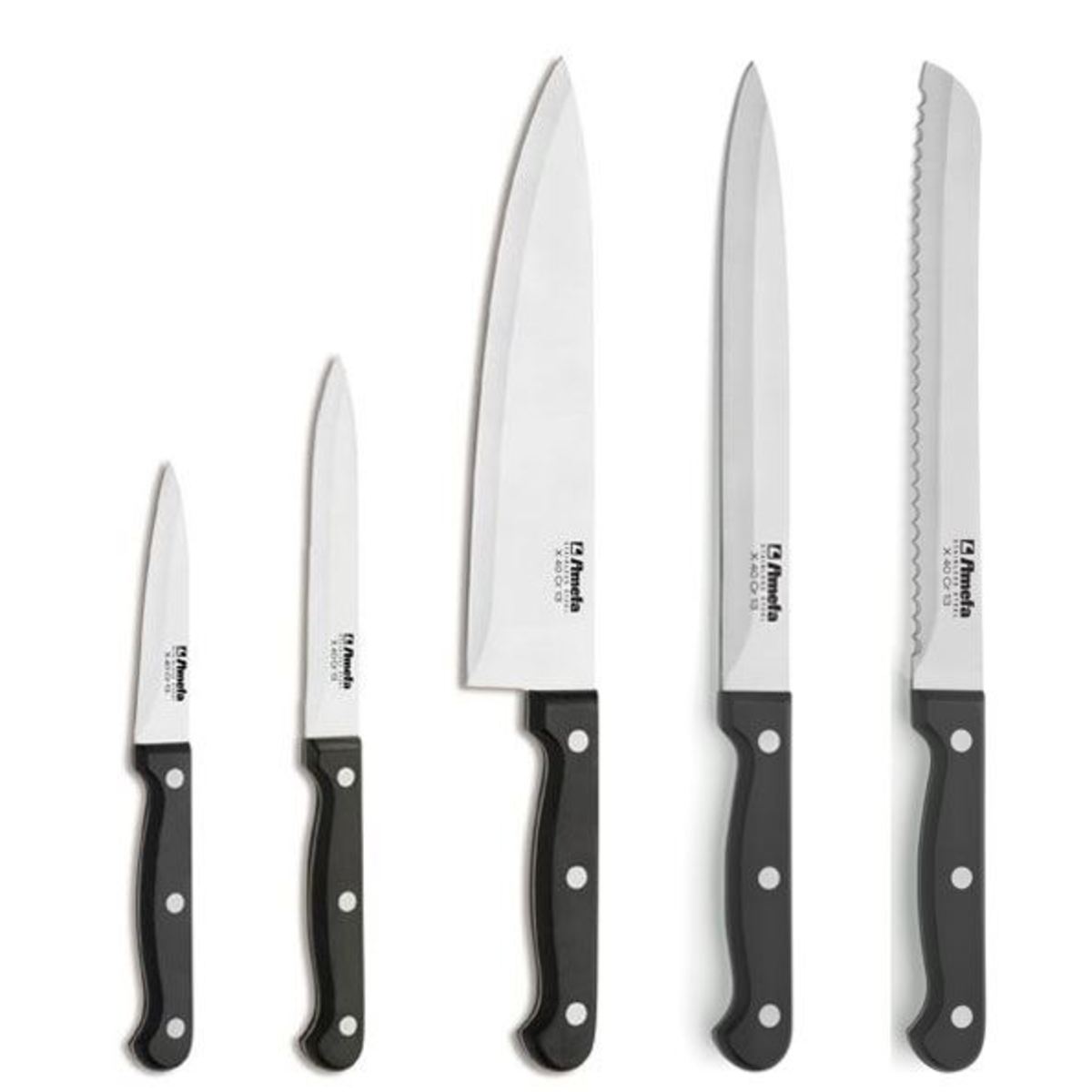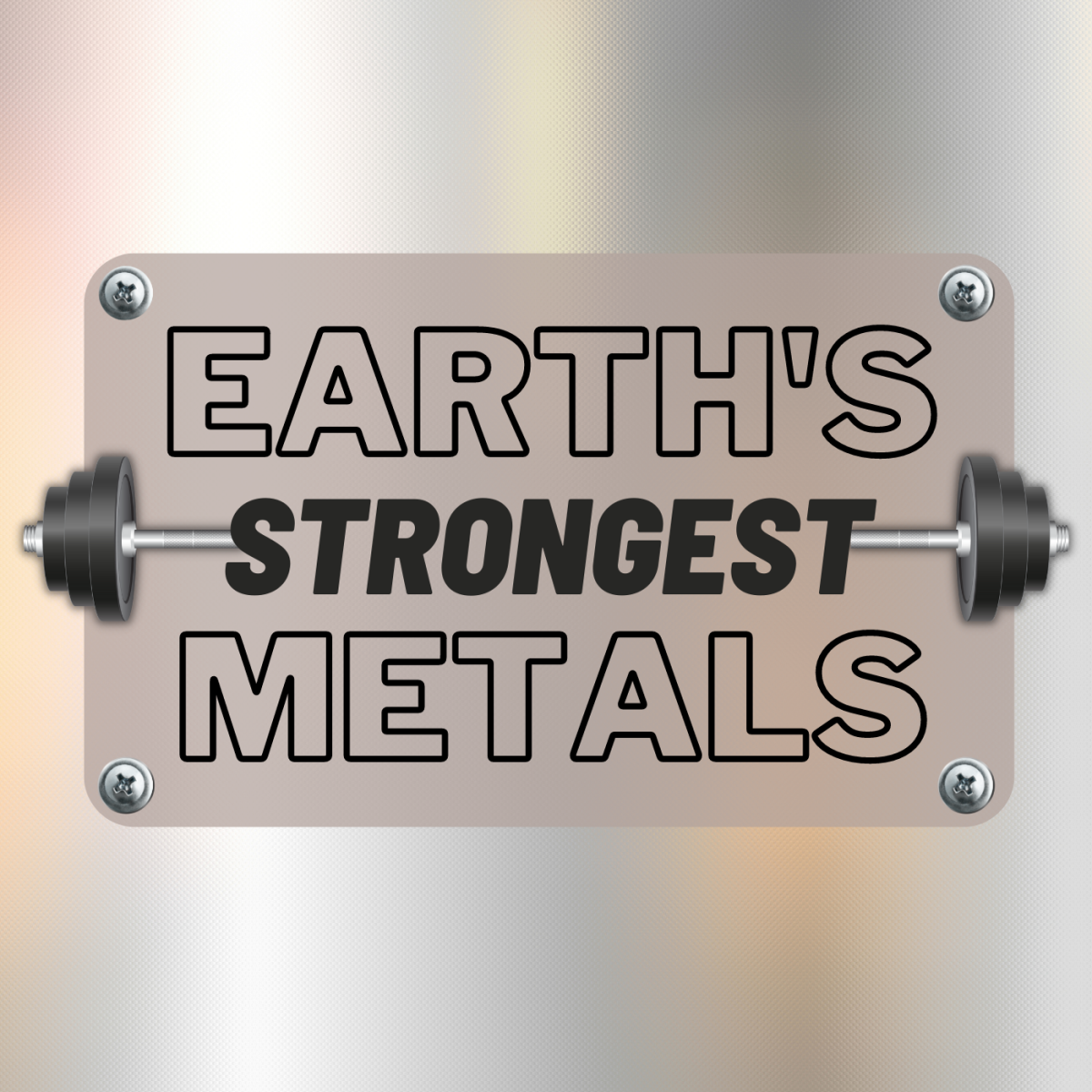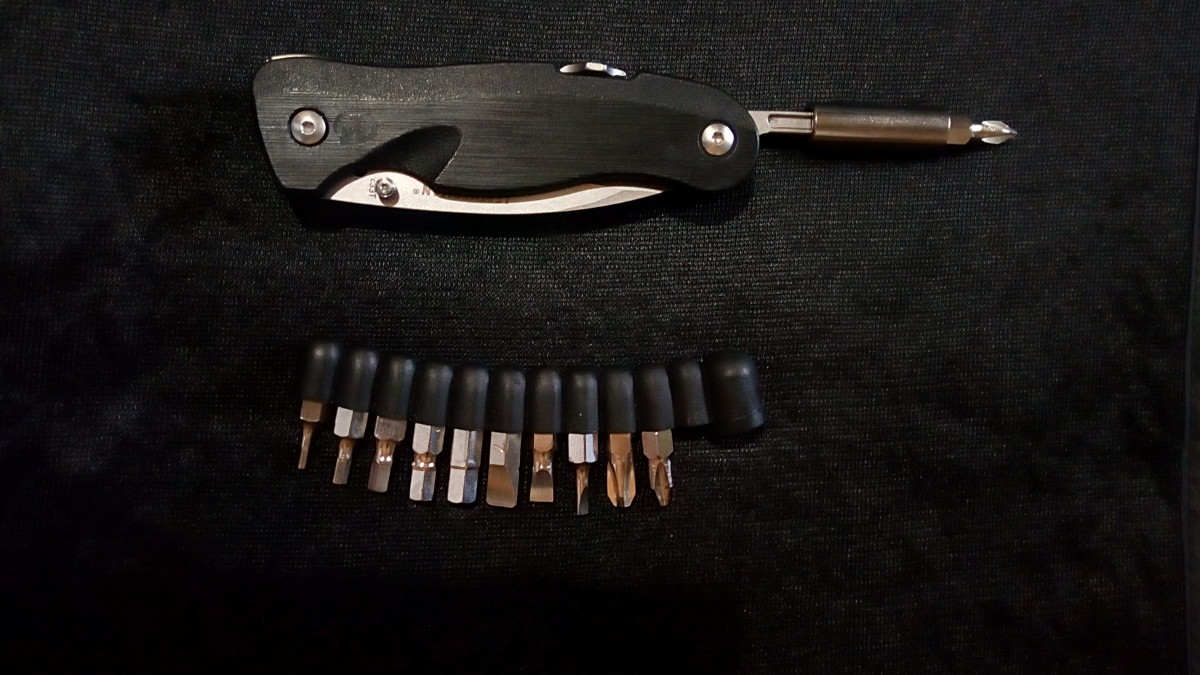Best Knife Steel
Best Knife Steel
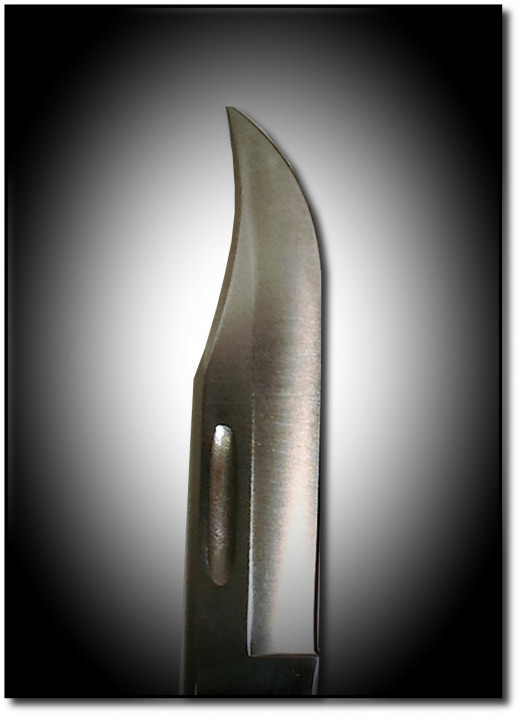
Best Knife Steel
What is the best steel for a knife blade? This question really depends on what you intent to use your knife for. Generally when we look for the best knife steel material, we are looking for a steel that has a high corrosion resistance, is a hard material that does not easily deform, chip or crack, we also want the blade to retain an edge and is easily sharpened.
Corrosion Resistance ( Rust Resistance )
Corrosion resistance. All stainless steels have some level of corrosion resistance, saying that stainless steel is 100% corrosion resistant would be misleading. The higher the resistance the less maintenance is required, but that does not necessarily mean that the blade with the highest resistance is the best, there is always a pro and con to every type of material you choose. Generally a steel with a higher percentage of chromium has a higher resistance to staining ( rusting ).

Rockwell Scale ( How Hard is Your Blade )
Hardness of the steel would really depend on what you want to use your knife for, if you are looking for a filleting knife, then you would want your blade to be a little bit flexible, on the other hand if you are planning to use your knife for heavy use, you would need a much harder material, but if you chose a material that is too hard, it becomes brittle, there is a fine line that a knife buyer walks when choosing the blades hardness.
Luckily there is a system to measure the hardness of a blade called the Rockwell Hardness Scale. This makes it easier for a knife buyer to choose the hardness of a blade. The Rockwell hardness scale uses a simple numerical system to signify the different levels of hardness, the higher the value the harder the material. If the steel has a very high number on the scale it will generally hold an edge longer, but it will be more brittle, while if it is very low on the scale it will be flexible but it will not hold an edge for very long, although re-sharpening will be easier.
Choosing the hardness of your blade will depend very much on what you intent to use the knife for, and what your personal preferences are. The Rockwell Scale system is often abbreviated to just the first two letters and a number ( eg. RC56 )
A Hard Axe
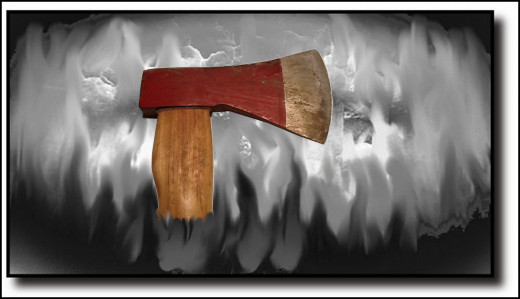
Toughest Knife ( How Much Impact Can it Take )
Choosing a material with the highest Rc rating is not always a good idea, generally the harder a knife is the more brittle it is, this is an important factor for most knife users. The best knife steel will be just the right balance of hardness and toughness. Thus preventing chipping, cracking and even in some cases shattering of the knife. High impact tasks such as chopping wood, will definitely increase the chances of chipping the blade. When referring to how tough a blade is, we are generally referring to how much impact and shock it can take.
Flexible Blade
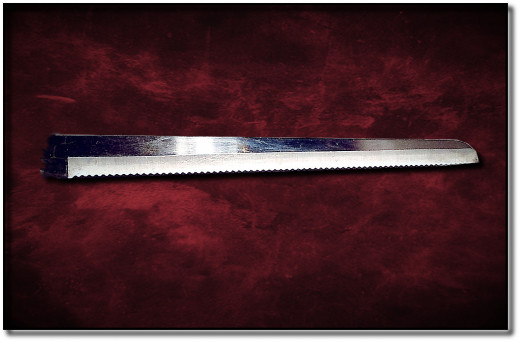
Scratch Resistance ( How Much Wear and Tear can your Blade Endure )
Scratch resistance is measured using the Mohs system of measuring a materials resistance to scratchs and abrasion, It was invented by Friedrich Mohs in 1812 a renowned geologist/mineralogist of his time. The Mohs scales measures a minerals ability to resist scratches from other minerals.
Edge Retention ( How Often do you Have to Resharpen your Blade )
The ability to retain an edge is a consideration for most knife buyers, but as with any choice a person makes there is always a trade off. The longer a blade holds an edge the harder it is to re-sharpen, a slightly blunt blade might not be an important consideration if you are planning to use your knife for rough use, such as chopping, while on the other hand a sharp blade is an important prerequisite if you are a whittler.
12 Of The Most Common Types Of Steel.
Name
| Attribute
| Rockwell scale
|
|---|---|---|
420
| Not the hardest or toughest steel out there, is easy to re-sharpen, very good corrosion resistance. A decent medium range blade material.
| RC 48 – 53
|
420 HC
| The HC stands for High Carbon, an improved higher performance steel then the 420, it has a higher corrosion resistance, is harder and holds an edge better, the disadvantage is it is more difficult to sharpen
| RC58
|
440 A
| High Carbon stainless steel, well balanced material, high corrosion resistance, good edge retention, easy to resharpen
| RC 55 – 57
|
440 B
| Improved version of 440 A
| RC 56 - 60
|
440 C
| the best of the 440 series, but also the most expensive.
| RC 58 – 60
|
CPM S30V
| An American made steel, exceptional corrosion resistance, edge retention and toughness. Takes a very good edge and is in fact one of the better choices for a blade.
| RC 58 - 60
|
S30V
| A perfect blend of carbon,vanadium, chromium and molybdenum, extremely hard and tough, excellent edge retention and corrosion resistance, the down side is it it takes a lot more effort to sharpen after it gets dulled. The best knife steel for pocket knives.
| RC 59 - 61
|
5150
| A very hard, tough carbon steel material , best suited to axes, machetes and tools that are meant for high impact, chopping or throwing use, keep oiled and clean after use, it tends to rust.
| RC 55 – 60
|
N690
| Nearly identical to the 440c in specifications and performance.
| RC 58 – 60
|
Damascus
| A blend of different steels, which is visible in the myriad patterns on the blade, acid etched to bring out the natural patterns, it is one of the more expensive materials used for knives, a hard, tough material with good corrosion resistance, very often used in higher end blades, Highly recommended, if you can afford it, one of the best knife steel materials.
| RC 53 – 62
|
ATS-34
| A hard stainless steel, high carbon, chromium, steel, that holds an edge well, but is difficult to resharpen.
| RC 60 - 61
|
AUS-10
| A well balanced steel, made in japan to compete with the 440C, it might even be a little tougher. a good blade material
| 8RC 57 - 60
|
Buck 192BR Vanguard, Fixed Blade Knife
Boker Plus Ebony Damascus
Choose Wisely
There are dozens of different types of stainless steel and carbon steel blades on the market, each with its own advantages and disadvantages, knowing what the knife is going to be used for is essential in choosing the best knife steel for you. Choose wisely and you will have a knife that will serve its purpose for years if not generations.
Choosing the Best Blade Material For You
© 2013 ketage


![Gerber Bear Grylls Ultimate Knife, Serrated Edge [31-000751]](https://m.media-amazon.com/images/I/51Ay1fSRJTL._SL160_.jpg)


